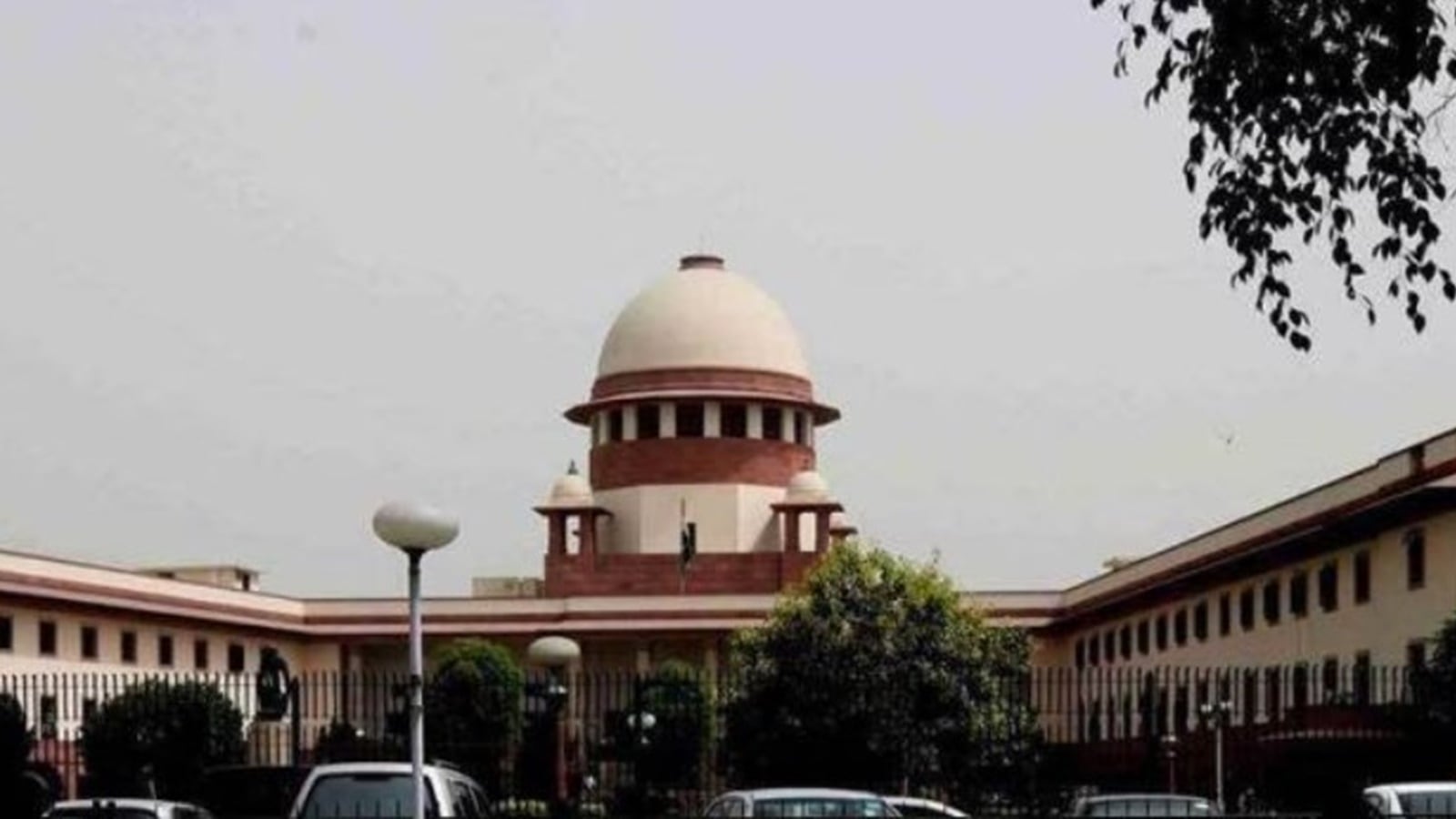 |
|
The Supreme Court of India is currently deliberating on a significant legal challenge to the Calcutta High Court's decision to nullify the West Bengal government's classification of 77 predominantly Muslim communities as Other Backward Classes (OBCs). This classification aimed to grant these communities access to reservation benefits, a contentious issue with far-reaching implications for social justice and equality in India. The core of the Supreme Court's concern revolves around the principle of whether reservation can be granted based solely on religious affiliation. Justice Gavai's assertion that "Reservation cannot be on the basis of religion" underscores the Court's commitment to a secular approach to affirmative action policies. The case highlights the complex interplay between constitutional guarantees of equality, the need for addressing historical social inequalities, and the legal frameworks governing the identification and classification of OBC communities.
Senior Advocate Kapil Sibal, representing the West Bengal government, argued that the state's reservation policy is not based on religion but on backwardness, a factor the court has previously acknowledged. He cited the Justice (retired) Ranganath Mishra Commission's support for reservation for Muslims and highlighted that a significant number of the communities in question are already included in the Central OBC list or recognized by the Mandal Commission. However, the Supreme Court justices emphasized the requirement for quantifiable data to substantiate claims of backwardness. This underscores the need for rigorous and transparent methods in identifying and classifying OBC communities, ensuring that such classifications are based on objective criteria and not susceptible to political manipulation or bias. The absence of such data, as pointed out by Senior Advocate P S Patwalia representing the respondents, forms a crucial part of the Calcutta High Court's reasoning in striking down the West Bengal government's decision.
The Supreme Court's questioning of the Calcutta High Court's decision to strike down Section 12 of the West Bengal Backward Classes Act, which empowers the state to classify communities, raises crucial questions about the balance of power between the judiciary and the executive branch in matters of reservation policy. The Court's concern about potential misuse of such enabling provisions does not negate the principle of executive power in identifying and classifying OBC communities, a principle established by the Indira Sawhney judgment. The justices highlighted the importance of due process and the necessity of avoiding bypassing established mechanisms like the state Backward Classes Commission. The case underscores the complexities of implementing affirmative action policies, balancing the need for effective remedies against historical social injustices with the need for adherence to legal procedures and the prevention of arbitrary or discriminatory classifications.
The cancellation of approximately 12 lakh OBC certificates as a direct consequence of the Calcutta High Court ruling highlights the real-world impact of this legal battle. This underscores the potential repercussions of judicial decisions impacting substantial portions of the population, and the need for careful consideration of both legal and social ramifications of any judgment. The arguments presented before the Supreme Court reveal a fundamental tension between competing interpretations of constitutional principles and the practical challenges of implementing social justice initiatives. The case's delay until January 7, 2025, indicates the court's thorough approach to this significant legal matter, and the need for careful consideration of the complex issues at stake. The final decision will have significant ramifications for the OBC communities involved, and broader implications for the legal framework governing reservation policies in India.
The implications of this case extend far beyond the specific communities involved. It raises fundamental questions about the role of religion in determining access to affirmative action programs, the standards of evidence required to establish backwardness, and the division of power between the judiciary and the executive in policy implementation. The Supreme Court's decision will have profound consequences for how future OBC classifications are determined and will influence the ongoing debate surrounding social justice and equality in India. The case underscores the importance of ensuring that reservation policies are based on objective criteria, transparent processes, and comply with constitutional principles. It also highlights the need for a continuous and critical evaluation of the effectiveness and equity of existing affirmative action programs in achieving their intended goals. The outcome will have a lasting impact on the lives of millions and shape the future trajectory of reservation policies in India.
